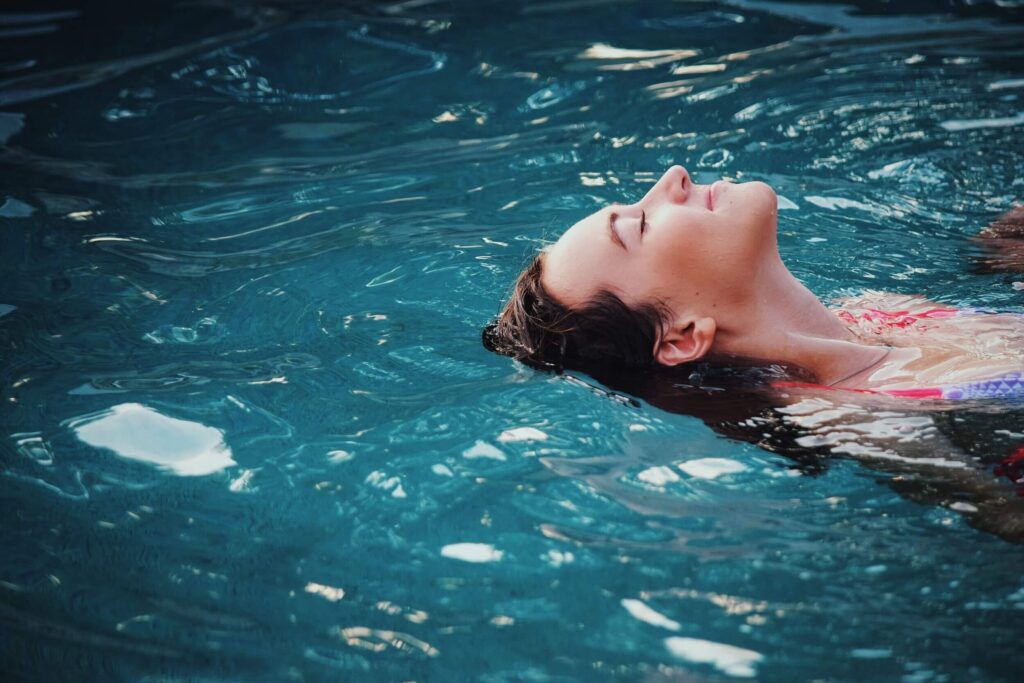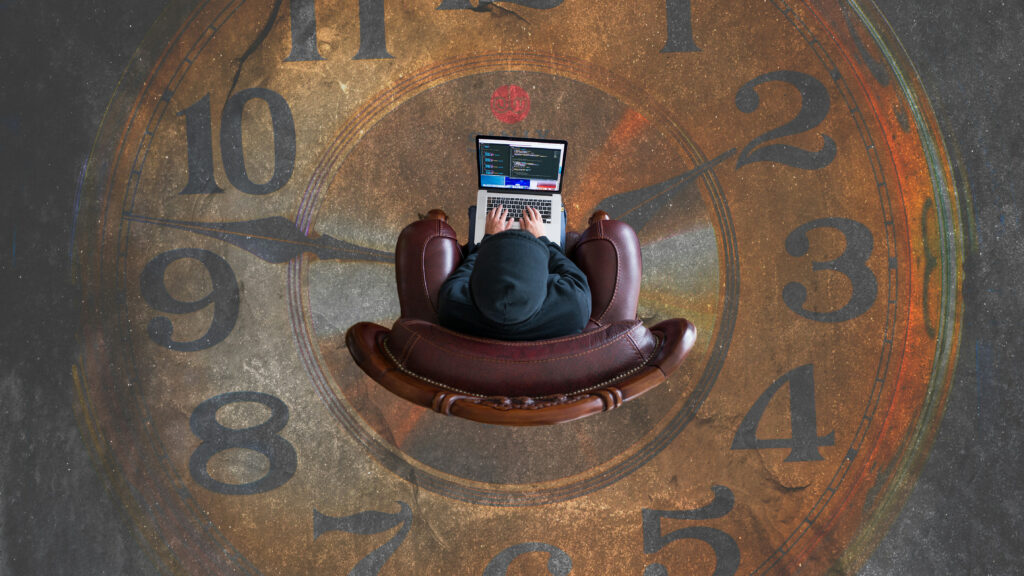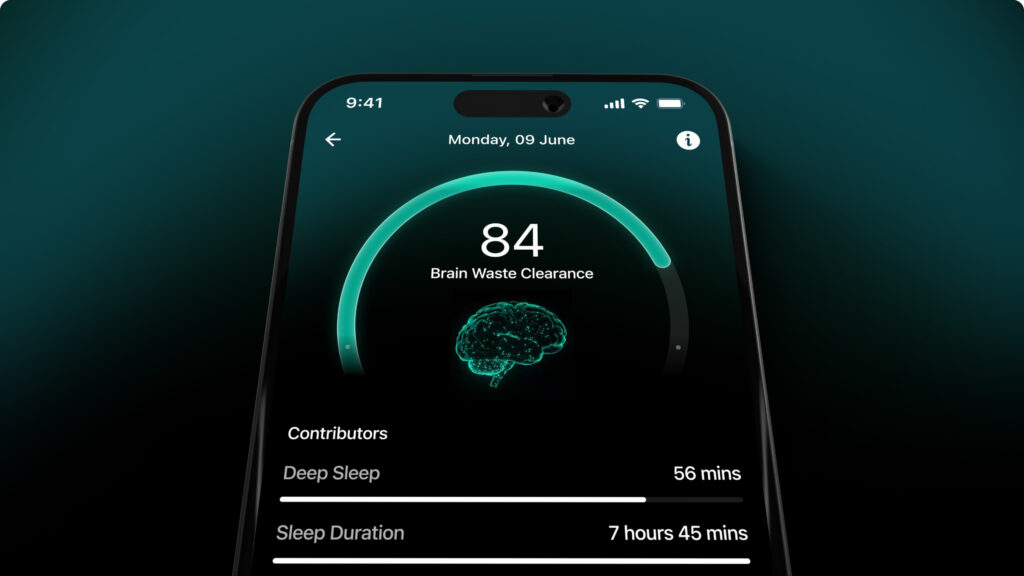I haven’t met many people who say they wouldn’t enjoy feeling more relaxed or even being able to relax on demand. The good news is that according to a study published in the journal Nature, learning how to get better at relaxing, not only feels good but increases our brain’s ability to remember new information (including strengths of mindfulness, compassion and joy).
According to the study, ‘Learning from novel experiences is a major task of the central nervous system. In mammals, the medial temporal lobe is crucial for this rapid form of learning. The modification of synapses and neuronal circuits through plasticity is thought to underlie memory formation.’
The researchers in this study recruited eight epileptic volunteers who were shown 100 photos and then 30 minutes later were shown 50 of the same and 50 different photos.
They then had to tell the researcher which photos they had seen before and which they had not. While the participants were using their memory, the researchers used electroencephalogram (EEG) electrodes to record electrical activity in the area of the brain where memories are formed.
The findings showed that recognition was highest when participants were in a relaxed state (referencing “theta waves”).

Okay, it’s not necessarily news that we learn better when we’re more relaxed, so why does this matter?
It matters because, at this point in time, we are living in a petri dish of overstimulation and fractured partial attention on a daily basis.
The way we’re living right now stresses out our nervous systems making it really difficult for any new learning (mental or behavioural) to really stick.
Some people think mindfulness meditation is the answer – a tool that is meant to actively relax us.
But no, it’s meant to help us cultivate awareness so we can make wise choices, which may be to actively relax, listen to someone, or do whatever is best at the moment. Mindfulness gives us the awareness for “wise action.”
When it comes to learning anything, whether it be engineering, how to overcome stress eating, or even mindfulness meditation, it would be really helpful to first learn how to actively relax the nervous system.
Relax the Nervous System Practice for Today
For the scope of this article, one thing that can help you in your day-to-day life is to consider where your body feels tense in the day. The simple practice of being aware of this can be profound.
Why? When you notice it, this awareness opens up the choice to often tune into your body, actively relax, breathe out and release the tension there. When you do this body scan, your mind tends to cool down too. Just “soften and release” as a regular practice.

After this, you can open up to whatever you were intending to pay attention to at that moment whether it’s in the middle of mindfulness meditation, a business meeting or being with your family around the dinner table.
If we learn to be aware of our breathing and muscle tension, we can train our bodies to relax and induce a sense of calm even in upsetting situations.
Keep in mind that this doesn’t just stop with you, but has an impact on your relationships. The more stressed we are, typically the more distracted we feel.
Conclusion
Learning how to relax in relationships can also facilitate connection which is the central element of well-being. Also, emotions are contagious, so the more you practice relaxing your nervous system, the more relaxed the people around you can feel.
Imagine what would happen if more people practised actively relaxing and soothing their nervous systems during the day. It starts with you and allows the manifestation of the ripple effects.
Disclaimer: The contents of this article are for general information and educational purposes only. It neither provides any medical advice nor intends to substitute professional medical opinion on the treatment, diagnosis, prevention or alleviation of any disease, disorder or disability. Always consult with your doctor or qualified healthcare professional about your health condition and/or concerns and before undertaking a new health care regimen including making any dietary or lifestyle changes.
References








